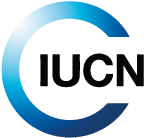Strengthen prosecution efforts to secure proper convictions

Securing substantial convictions for wildlife crime is a crucial part of achieving zero poaching. A well-functioning judicial-criminal process with stiff penalties discourages poachers as well as encourages the enforcement officers who go to great lengths to make arrests.






